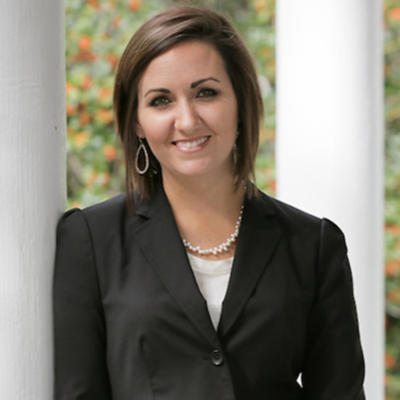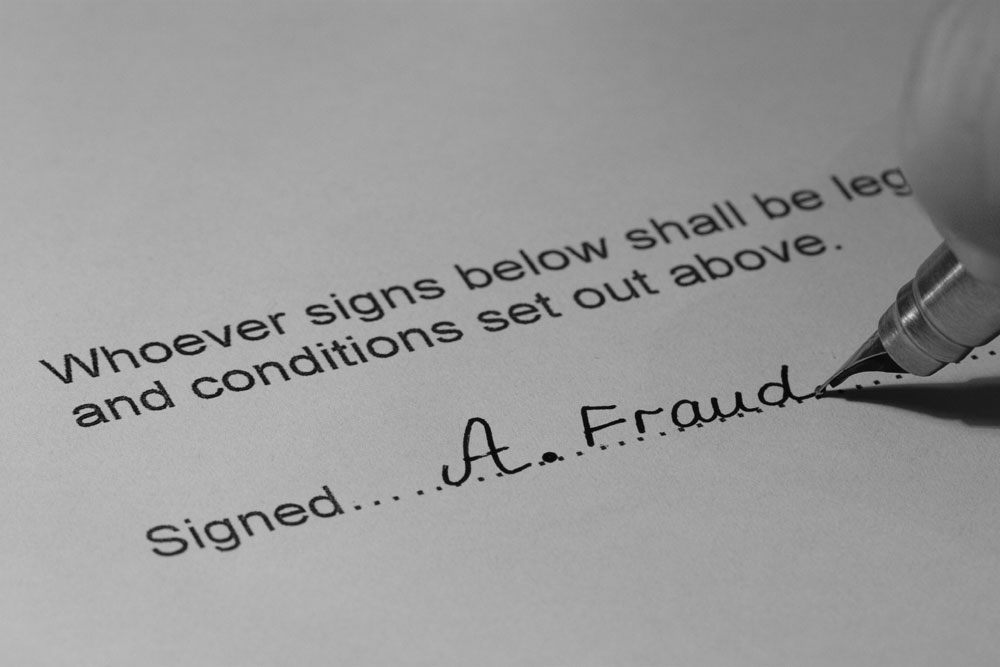What is forgery in SC?
Most people understand that forgery means to sign someone else’s name without their permission, but did you know that the criminal offense of forgery covers much more than that?
It could mean signing someone else’s name to their check, but it could also mean creating a fake document for filing with the clerk of court, making changes to a court document, presenting a check or other document that was forged by someone else, or just helping someone else to commit forgery.
In this article, you will learn:
- How forgery is defined,
- The different types of forgery,
- Examples of forgery,
- Other types of criminal charges that are related to forgery, and
- The potential penalties for forgery in SC.
Forgery in SC: What Does Forgery Mean?
Forgery covers a wide range of conduct, but the common thread is that the crime applies to “instruments of writing,” whether that is a bank check, a community service timesheet, a land plat, or a college transcript.
Charge of Forgery in South Carolina
SC Code Section 16-13-10 lists five types of actions that are considered forgery in SC, making it a crime to:
- “[F]alsely make, forge, or counterfeit; cause or procure to be falsely made, forged, or counterfeited; or wilfully act or assist in the false making, forging, or counterfeiting of any writing or instrument of writing,”
- “[U]tter or publish as true any false, forged, or counterfeited writing or instrument of writing,”
- “[F]alsely make, forge, counterfeit, alter, change, deface, or erase; or cause or procure to be falsely made, forged, counterfeited, altered, changed, defaced, or erased any record or plat of land,” or
- “[W]illingly act or assist in any of the premises, with an intention to defraud any person.”
To “falsely make, forge, or counterfeit” could mean to forge someone’s signature, or it could mean to create a false document.
To “utter or publish” means to present the document for use – for example, giving a bank check to a store clerk or giving a court document to the clerk for filing.
Willfully Act or Assist
You can be found guilty of forgery in SC if you just help someone to forge a signature, alter a document, or create a false document, for example by giving them instructions or supplying them with materials.
Note that the statute says “willfully act or assist” – if you are tricked into helping someone commit a forgery or otherwise unaware that the person is committing a forgery, you may have a defense.
Intent to Defraud
Obviously, you must be aware that the document you are creating or presenting is a forgery, and if you created or presented the document with the good-faith belief that the document was valid, you may have a defense.
Whereas many crimes in SC require the prosecution to prove only a “general criminal intent,” forgery requires proof of the specific intent to defraud.
Examples of Forgery in SC
Under SC law, you can be convicted of forgery if you:
- Create a fake deed or other real estate document for filing with the register of deeds,
- Make unauthorized changes to a financial document like a promissory note,
- Forge someone’s signature on a check, whether or not you present the check at a store,
- Present a forged bank check at a store, even if you did not sign it yourself,
- Create a fake document to prove that you completed community service hours for PTI,
- Present a fake community service hours document that your sister prepared for you,
- Pull a land plat at the register of deeds office and make changes to it before returning it, or
- Help someone else to create a forged document, even if you do not present the document yourself.
SC’s forgery laws apply to any document or instrument of writing that is faked, forged, or counterfeited.
Related Criminal Charges
Forgery is often charged along with other financial crimes that could include:
- Financial transaction card fraud,
- Financial identity theft,
- Obtaining signature or property by false pretenses,
- Breach of trust with fraudulent intent, or
- Conspiracy.
Potential Penalties for Forgery in SC
The potential penalty for a forgery conviction in SC is based on the dollar value of the forgery. If there is no dollar amount – for example, creation of a fake document containing community service hours or a fake identification card, then a conviction carries up to 3 years in prison (although the case is heard in the magistrate court).
If there is a financial component to the forgery, a conviction will carry up to 5 years in prison if the amount of the forgery is less than $10,000, and up to 10 years in prison if the amount of the forgery is $10,000 or more:
| Amount of Forgery | Felony or Misdemeanor | Court | Potential Prison Time |
| No dollar value | Misdemeanor | Magistrate or Municipal Court | Three years |
| Less than $10,000 | Felony | General Sessions | Five years |
| $10,000 or more | Felony | General Sessions | Ten years |
Questions About Forgery in SC?
If you are charged with forgery in SC, get an experienced criminal defense lawyer on your case immediately – before you talk to law enforcement or prosecutors.
Your attorney can help you to prepare your defense, get your charges dismissed, mitigate the consequences of a forgery charge, or try your case to a jury when appropriate.
Give us a call at (843) 501-0602 or contact us through our website to set up a free phone consultation and find out how we can help.


